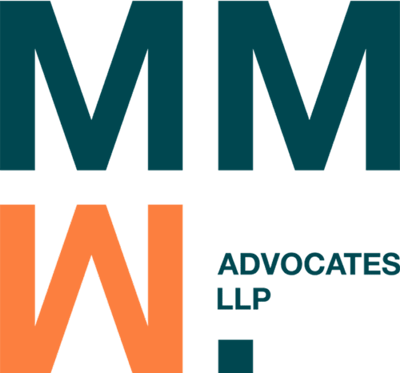You run a cleaning company. One week you are sterilising hospital wards, the next you are degreasing heavy factory machines, and on weekends your crew is polishing glass on Nairobi’s tallest towers.
At the point of receiving payment for your services, one client deducts five per cent withholding tax from your invoice. Another client does not. Some of the clients remit the money withheld to KRA, while others do not. Now you are stuck asking:
- Should my cleaning services even be taxed this way?
- If yes, what items in my invoice should actually attract withholding tax?

The Law
Section 35(1) of the Income Tax Act provides that withholding tax applies to payments for management, professional, contractual, or technical services.
Does Cleaning Fall Under Taxable Services?
The key question is whether cleaning counts as management, professional, contractual, or technical services under Section 35(1) of the Income Tax Act. Ordinary household cleaning may not meet this test, but once cleaning involves specialized processes, equipment, or expertise, it moves into the category of technical services which effectively are subject to withholding tax. For example:
- Hospital sterilization since it requires medical-grade disinfectants, strict health protocols, and specially trained staff.
- Factory degreasing which would use industrial solvents, pressure systems, and knowledge of machinery.
- Corporate office detailing which involves advanced tools like carpet extractors, certified chemicals, and compliance with workplace safety standards.
Case Example
In Banki Kuu Pension Scheme v Commissioner of Domestic Taxes [2024] KETAT 1294, the Tax Appeals Tribunal held that services such as cleaning, gardening, generator servicing, and lift maintenance are technical services if they require specialised skills, equipment, or technical know-how beyond ordinary domestic work. This means withholding tax at five percent (5%), which applies if your monthly bill to one client is twenty-four thousand shillings or more.
Smart Moves to Stay compliant with tax law and KRA
- Itemize invoices – Always separate technical Labor from supplies like soap or tissues which are not part of the cleaning service.
- Always get proof – demand a KRA slip or acknowledgment that the tax withheld was actually remitted.
- Protect your business – if the client withholds but fails to remit, remind them KRA can fine them up to two hundred thousand shillings or even send them to jail.
Cleaning companies can avoid unnecessary penalties or disputes by keeping their paperwork as clean as their workspaces. To do this, itemize every invoice, confirm every remittance, and document every payment. And when in doubt, seek professional tax guidance before KRA comes knocking.
